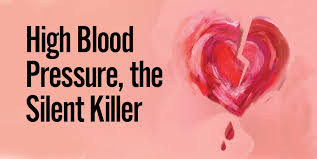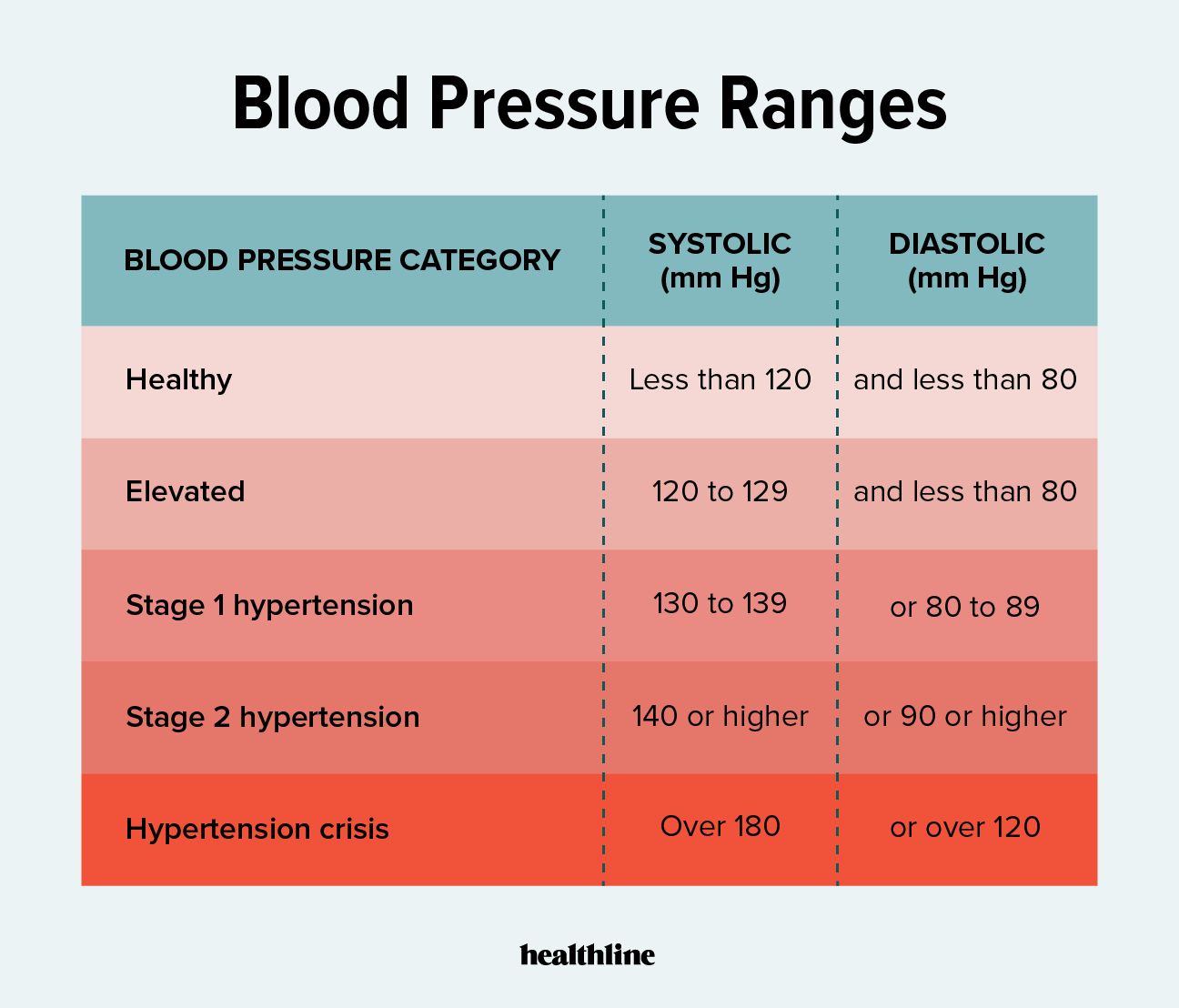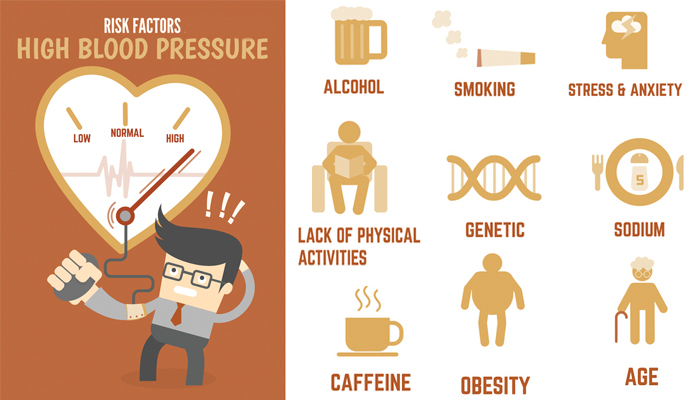High Blood Pressure–Understanding the Silent Killer

High blood pressure, or hypertension, is a common and serious health issue. It happens when the pressure of blood against your arteries remains consistently elevated. It affects millions of people around the world.
Often called the "silent killer," it usually has no symptoms. However, it can cause serious health problems if not treated.
This guide will cover the causes, risks, and management of high blood pressure. The information provided will help protect your health.
What is Blood Pressure?
Blood pressure is the force of blood pushing against the walls of your arteries as your heart pumps blood. Measured using two numbers:
- Systolic pressure: The pressure when your heart beats
- Diastolic pressure: The pressure when your heart is at rest between beats
A normal blood pressure reading is typically below 120/80 mmHg (millimeters of mercury).
Understanding High Blood Pressure

High blood pressure occurs when the force of blood against your artery walls is consistently too high. According to the American Heart Association, the following categories define blood pressure levels:
- Normal: Less than 120/80 mmHg
- Elevated: 120-129/less than 80 mmHg
- Stage 1 hypertension: 130-139/80-89 mmHg
- Stage 2 hypertension: 140/90 mmHg or higher
Causes and Risk Factors

While the exact cause of high blood pressure is often unknown, several factors can increase your risk:
- Age: The risk increases as you get older
- Family history: Hypertension tends to run in families
- Obesity: Excess weight puts additional strain on your heart
- Sedentary lifestyle: Lack of physical activity
- High-sodium diet: Consuming too much salt
- Excessive alcohol consumption
- Smoking: Tobacco use damages blood vessels
- Chronic stress
- Certain medical conditions: Such as kidney disease or sleep apnea
The Silent Danger: Why High Blood Pressure is Serious
High blood pressure is often called the "silent killer" because it usually has no symptoms. However, over time, it can lead to serious health problems:
- Heart disease and heart attacks
- Stroke
- Kidney damage
- Vision problems
- Cognitive decline and dementia
- Sexual dysfunction
Diagnosing High Blood Pressure

The only way to know if you have high blood pressure is to have it measured. Healthcare professionals typically use a blood pressure cuff (sphygmomanometer) to measure blood pressure. However, home blood pressure monitors are also available for regular self-monitoring.
A single high reading doesn't necessarily mean you have high blood pressure. Your doctor will likely take multiple readings over time before making a diagnosis.
Managing High Blood Pressure
If doctors have diagnosed you with high blood pressure, don't despair. Many effective ways exist to manage this condition:
Lifestyle Changes
- Maintain a healthy weight
- Exercise regularly: Aim for at least 150 minutes of moderate-intensity exercise per week
- Eat a healthy diet: Focus on fruits, vegetables, whole grains, and lean proteins
- Reduce sodium intake: Aim for less than 2,300 mg per day
- Limit alcohol consumption
- Quit smoking
- Manage stress: Try techniques like meditation, deep breathing, or yoga
Medication
If lifestyle changes aren't enough, your doctor may prescribe medication. Common types include:
- Diuretics
- ACE inhibitors
- Calcium channel blockers
- Beta-blockers
- Angiotensin II receptor blockers (ARBs)
Taking any prescribed medication exactly as your healthcare provider directs is crucial.
Monitoring Your Blood Pressure at Home

Home blood pressure monitoring can be an effective tool in managing hypertension. Here are some tips for accurate readings:
- Use a validated device
- Measure at the same time each day
- Avoid caffeine, exercise, and smoking for 30 minutes before measuring
- Sit quietly for 5 minutes before taking your reading
- Take multiple readings and record the results
Prevention: Keeping Your Blood Pressure in Check
Even if you don't have high blood pressure now, it's important to take steps to prevent it:
- Get regular check-ups
- Maintain a healthy lifestyle
- Know your family history
- Be aware of any medications that may affect your blood pressure
When to See a Doctor
If you haven't had your blood pressure checked recently, schedule an appointment with your healthcare provider. Additionally, seek immediate medical attention if you experience:
- Severe headache
- Chest pain
- Difficulty breathing
- Irregular heartbeat
- Blood in your urine
These could be signs of a hypertensive crisis, which is a medical emergency.
Conclusion
High blood pressure poses a severe condition, but you can effectively control it with proper management and lifestyle changes. Regular check-ups, a healthy lifestyle, and adherence to your doctor's advice are crucial to keeping your blood pressure in check.
Remember, knowledge is power for your health. Understanding high blood pressure is essential. Taking steps to manage it can protect you from this silent killer and help you live a healthier and longer life.
Remember, while this article provides general information about high blood pressure, it's not a substitute for professional medical advice. Always consult your healthcare provider for personalized guidance on managing your blood pressure and overall health.





